Wealth is Not Merely Financial: Living a Rich, Full Life
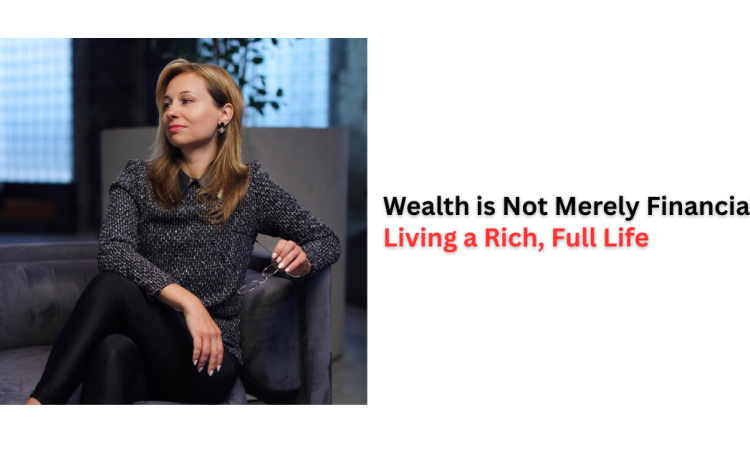
<?xml encoding=”UTF-8″>
Wealth is Not Merely Financial: Living a Rich, Full Life
I’ve lived through various lifestyles, riding the financial roller coaster of highs and lows. Through these experiences, I’ve realized that living in a big house versus a tiny one didn’t elevate my standard of living. Using pricey specialty hair products didn’t add volume, and sipping coffee at a refurbished kitchen table instead of a luxury dining set didn’t affect the coffee’s flavor one bit. If these upgrades didn’t make me happier, then wealth must be more than just money.
Understanding True Wealth
What does it mean to be rich? Some say it’s having a lot of money in the bank, while others define wealth as living a meaningful life. In a world where we’re constantly bombarded with consumerism messages, adopting minimalist habits can pave the way to a rich, full life, both financially secure and emotionally fulfilling. True wealth encompasses a myriad of experiences and emotions that cannot be encapsulated by mere numbers in a bank account. It is the sum of our relationships, health, personal growth, and the satisfaction we derive from everyday moments. When we redefine wealth to include these aspects, we shift our focus from accumulating wealth to accumulating life experiences that enrich our soul.
Minimalist Money Habits
Minimalism is about focusing on what’s truly important and letting go of the rest. By embracing a simpler lifestyle, I naturally spent less time and money on material possessions. This left me more time to focus on what truly matters: family, hobbies, and personal goals. My favorite activities are simple and inexpensive, like camping, enjoying nature, and cooking delicious meals at home. The cheaper my pleasures, the richer I became, both in joy and finances. Minimalism taught me to savor the beauty of simplicity, to find joy in less rather than more. This practice not only saved me money but also time, which I could then invest in nurturing my relationships and pursuing passions that truly matter.
By eliminating the clutter in my life, I made room for things that fuel my happiness and personal growth. Minimalism isn’t about deprivation; it’s about intentionality. It’s about making conscious choices that align with my true values and desires, rather than succumbing to societal pressures to ‘have it all.’ In doing so, I discovered that I already have everything I need to live a fulfilling life.
Live Below Your Means
The older, wiser generations always advised, “live below your means.” As a kid, I didn’t grasp this, but when my family grew in my 20s, I learned fast. If our household bills exceeded our income, financial trouble was inevitable. For instance, if we earned $3,000 monthly but spent $3,500, we were living beyond our means. Cutting expenses slightly and increasing our income provided a crucial financial cushion, transforming our monthly panic into peace of mind. This principle is not just about saving money; it’s about creating a sustainable financial lifestyle that doesn’t rely on debt to maintain it.
Living below your means instills a sense of discipline and self-control that is crucial in achieving financial stability. It teaches you to differentiate between needs and wants, to prioritize long-term goals over short-term gratification. By adopting this mindset, I learned to appreciate what I have, rather than constantly yearning for what I don’t. This not only improved my financial situation but also brought a sense of contentment and peace that money alone could never buy.
Invest in Yourself
The best investment you can make is in yourself. Prioritizing investments in both time and money shapes your future. I invest in myself daily, whether it’s health or learning something new, because I’m worth it. The more I invest in myself, the more I grow. Self-improvement is an investment that compounds over a lifetime, never losing value. This investment extends beyond financial gains; it’s about developing skills, nurturing talents, and expanding knowledge that enriches your life and those around you.
Every book I read, every course I take, every hour I spend honing a skill, contributes to my personal and professional growth. These investments empower me to be more adaptable, resilient, and innovative in the face of life’s challenges. They open doors to opportunities that money alone cannot access and bring a sense of fulfillment that transcends financial success.
The Importance of Financial Investments
I was late to see the importance of financial investments. Initially, I believed that extra savings were enough, until I realized savings accounts don’t grow much. Investing a minimum of 15% of my income, I saw how compound interest builds wealth over time. That 15% could have easily gone towards new outfits or dining out, but that would have been money spent without a return. Investing, however, is about making your money work for you, growing your wealth passively over time.
Understanding the power of compound interest was a game-changer. It taught me the value of patience and long-term planning in financial growth. Each investment decision I make today is a step towards financial independence and security in the future. Diversifying my portfolio, keeping abreast of market trends, and seeking professional advice when needed, have been crucial in navigating the complex world of investments.
Personal Spending Choices
Money is personal and should support unique lifestyles, goals, and values. There are times when cutting expenses is necessary, but it’s important not to feel deprived. Spending should reflect passions and enhance life. For me, travel and experiences, especially with family, are worth the spend. By focusing on things I love, it’s easier not to spend on things I don’t. Each financial decision is a reflection of my values, a step towards living a life true to myself.
When I spend money on experiences that bring joy and create lasting memories, I feel enriched in ways that material possessions could never replicate. These choices remind me that wealth is not about how much money I have, but how I choose to use it to create a meaningful life. By aligning my spending with my values, I ensure that every dollar spent contributes to my overall happiness and well-being.
The Power of Gratitude
When I’m not grateful, my wants become a bottomless pit. Gratitude transforms what I have into enough, and who I am into enough. It works miracles, making me appreciate my qualities, strengths, and possessions. Gratitude fills my emotional bucket, removing the need to seek happiness externally. Living a rich, full life of happiness and abundance is a beautiful gift.
Practicing gratitude has taught me to focus on the positive aspects of my life, to acknowledge the abundance that surrounds me. It shifts my perspective from what is lacking to what I am blessed with. This mindset not only enhances my emotional well-being but also strengthens my relationships, as I become more appreciative of the people who enrich my life. Gratitude is a powerful tool that transforms ordinary moments into extraordinary blessings, making every day a celebration of life.
Thank you for reading today. I appreciate your support and invite you to subscribe and join our mindful community. Have a beautiful day, my friends.
Recommended Story: Bank Statements Mistakes Affecting Your Visa Applications
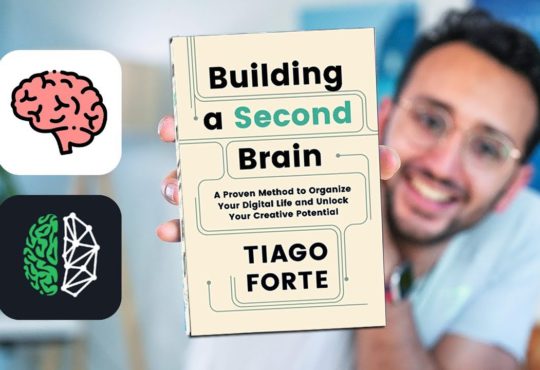

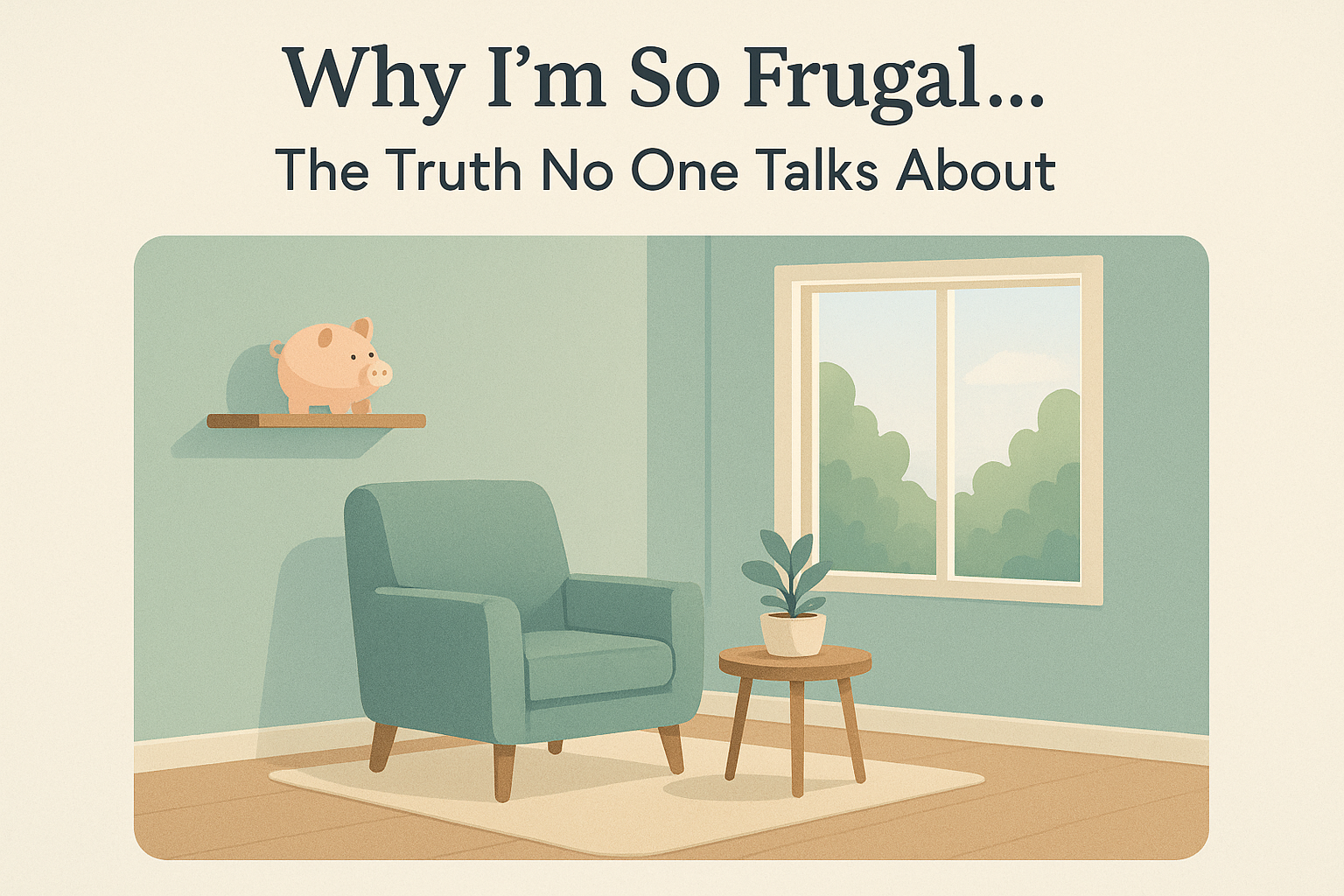



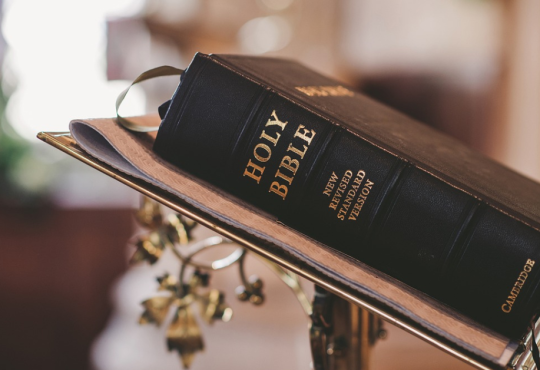


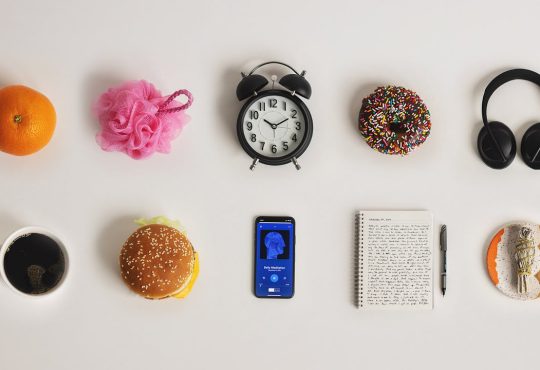
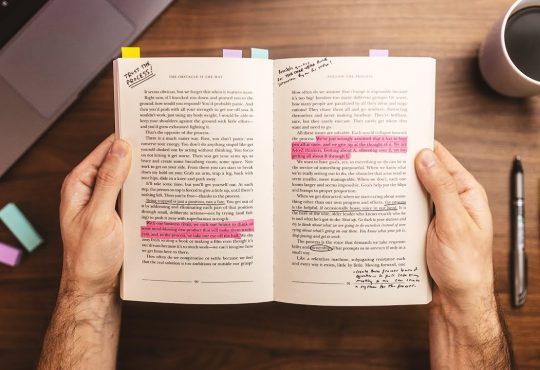


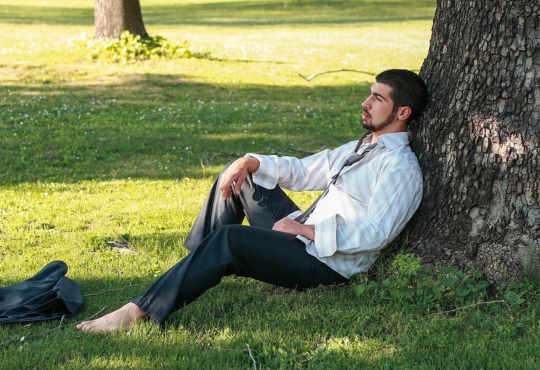

[…] Buffett, the financial sage himself, reckons that habits are the strings that guide our lives. While some habits might […]
[…] into the nitty-gritty of living alone—or at least, my version of it. If that makes any sense. Living solo isn’t everyone’s cup of tea, and I totally get it. It’s a bit like being on a […]
[…] Video games lay out the path nice and clear. But saving and growing that moolah? It’s a long, winding road, demanding sweat and grit. Folks often stick with their ho-hum situation, losing themselves in Netflix binges. But what if we could nab some fun from video games and toss it into our finances? […]
[…] Recommended Story: Wealth is Not Merely Financial: Living a Rich, Full Life […]